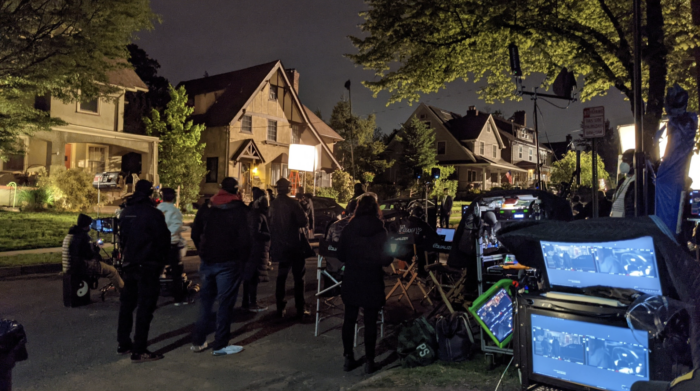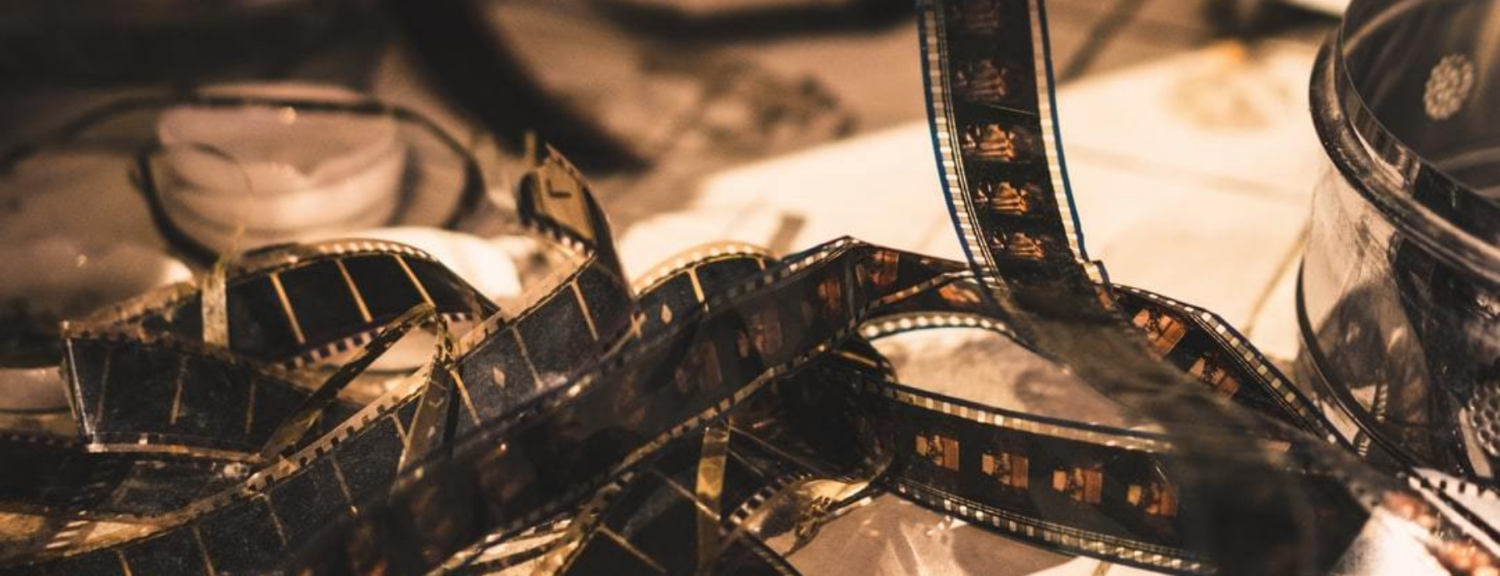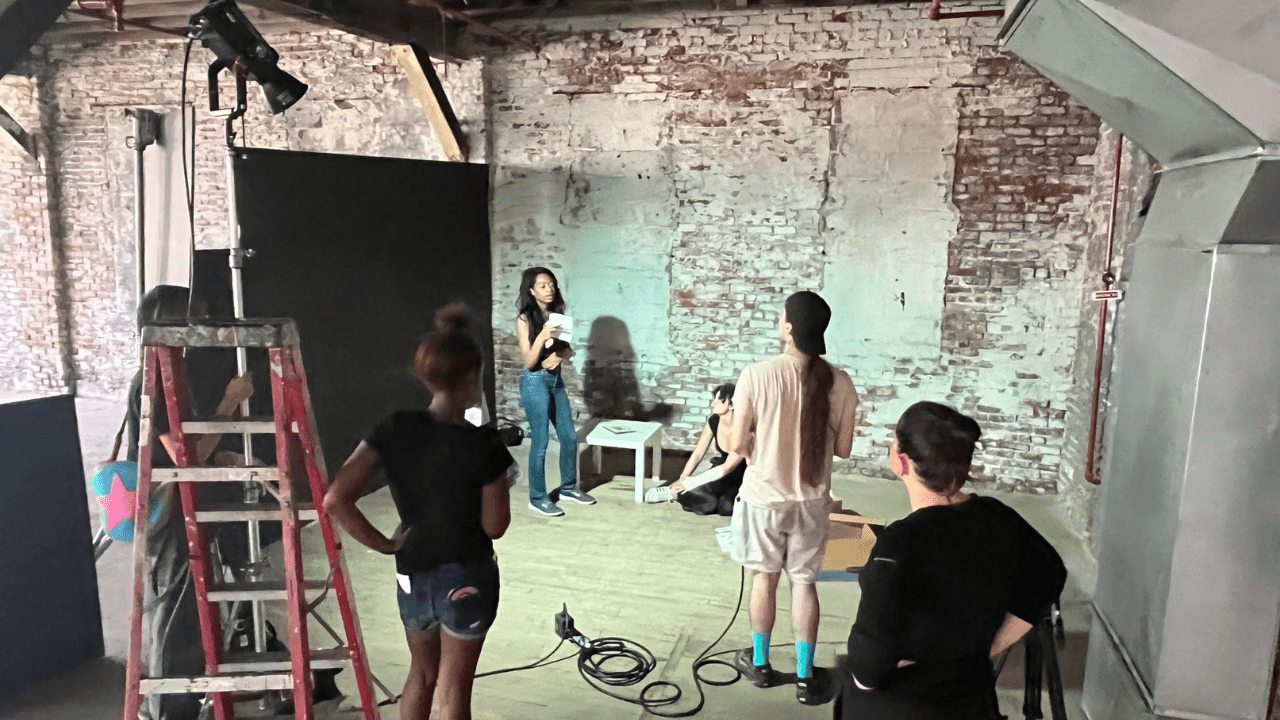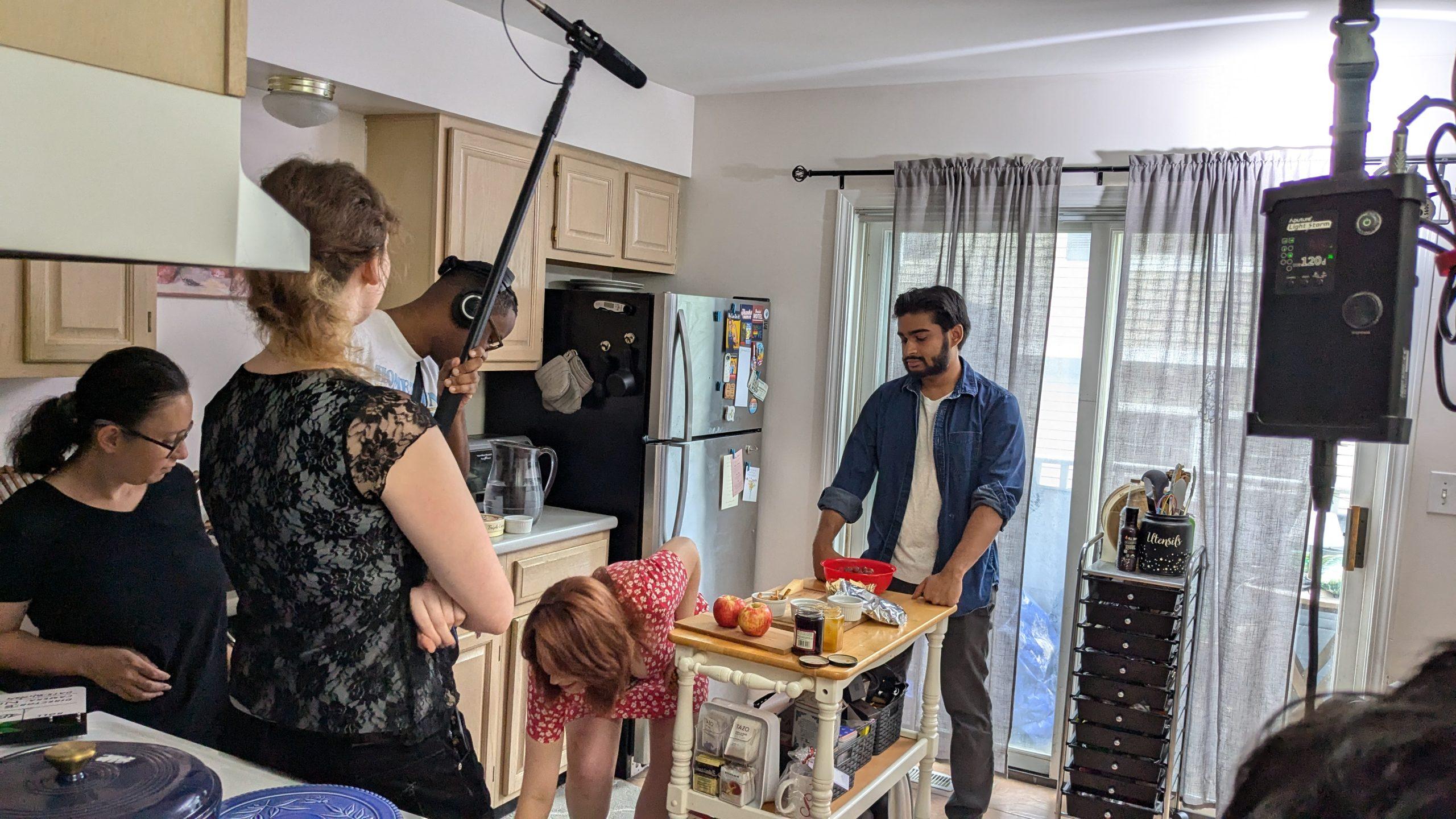
Set PA Traits You Need to Succeed…at Least Faster!
Breaking into the film industry is tough, it’s largely mysterious, and if you know – you know, but a lot of Set PAs – don’t. It takes a couple shows to get a feel for how to act on set, grasping the lingo, and knowing what you should be doing to make sure you book your next gig. The traits below are so underrated when it comes to starting out in film.
When I hire Set PAs these are the things I look for, and also hope they grow into when they work with me. I want to help Set PAs get to where they want in their career, but I also want a Set PA that can help my day go by smoother.
As a set production assistant, your job is to support the Assistant Director team and ensure the smooth running of the set. Here are some tips to help you excel in your role:
Be Prepared:
Always arrive on set (or at basecamp) a little bit early and make sure you have everything you need for the day before you start to work. This includes a callsheet, sharpie, pen, your walkie, and any other personal items you may need for the day. Give yourself a moment to breathe, to grab breakfast, put your surveillance on, and get the lay of the land.
Be Organized:
This depends on what type of Set PA you are, but even just starting out you should have some paperwork on you like callsheets and sides. Keep at least one copy on you, but know where to grab more for crew needs.
If you’re the Walkie PA staying organized means knowing your walkie inventory, and when to order more for bigger days.
As a Cast PA/1st Team PA staying organized means knowing where your actors are, and what they need to do in an allotted time frame.
As a Key PA it is making sure you have Additional Set PAs booked for the week, or the following week, and knowing where they are and what tasks they’re doing.
Be Proactive:
Anticipate the needs of the production team and be ready to assist in any way possible. Once you are on set more and more you will begin to realize the patterns that show themselves to you. Don’t ignore them, once you start to see the patterns use them to your advantage. Start to prepare for whats to come. Start doing the things you know will need to happen without being asked.
This will 100% make the jobs of those above you easier, and this tends to get you hired on the next gig a lot more often.
Be a Good Communicator:
Clear communication is essential on a film set. It is your set currency. You have the information, and the crew needs that information. Be generous with it.
Make sure you understand instructions clearly, and ask for clarification if needed. Use the walkie appropriately and keep the communication channels clear.
When you speak make sure you sound confident, and convey the information to crew with confidence, otherwise they tend not to believe a word you say if you come across as hesitant, and/or timid.
Be Attentive:
Pay attention to what’s happening on set and be aware of any potential issues or problems. Report anything that needs attention to the Assistant Directors.
There’s nothing worse than having a Set PA on set that’s not paying attention to what is going on around them. Know what is happening at all times.
What scene are we on? What actors are needed? Did we buy a penalty? Are we on the move?
Listen to your walkie – you may not understand everything all the time when you first start out, but it’ll all start to make sense, I promise. Pay attention.
And for the things you don’t understand – ask questions. If you don’t know – you don’t know, so ask. I always welcome questions, and it’s better to ask than to assume.
Be Professional:
Always act professionally on set. This includes dressing appropriately, showing up on time, and being respectful to everyone on set.
There is no reason for you to be on set with a chip on your shoulder. I don’t care how you got there, I would expect that you are grateful to be on set – so act like it.
Set is not a social hour (yes, there might be some down time where you can chat with your peers). No – don’t take selfies. Definitely NOT – don’t ask the actors to take pictures. Absolutely NOT – don’t give your unsolicited opinion to the director about what you thought of that last take.
At this stage you’re to take everything in, observe, learn, and gain responsibilities. Being professional will get you there.
Be Adaptable:
Film production is often unpredictable, and things can change quickly. Be ready to adapt to changes and stay flexible in your approach to your work.
This is much easier said than done – I know.
Things will constantly change on set, and I see some heavy frustration with veteran crew members when something changes. Cue the huffing and puffing.
Unforeseen things happen all the time. The best thing you can do is know that change will come, and challenges will come with those changes. Being adaptable is so valuable!
Try not to focus on “why did this change?” Rather ask yourself how you can solve the problem, or adhere to the changes made. What needs to be done to accomplish the day once that change was made.
Changes come in all kinds of ways on set:
- An actor got sick, and went home.
- We had to switch scene order.
- There’s lightening, now we’re at a production stand still.
- The director decided to add a shot
- One of the other Set PAs got sick and isn’t coming in, so you might have a harder day
- The script was revised overnight at 5am, and now the sides that were printed last night are no longer valid.
You’ll run into all kinds of things – being adaptable is the one thing that helped me more in my career than anything else (outside of confidence of course)
Be a Team Player:
While I really dislike the whole vibe behind “be a team player” it’s true, you kinda have to be. Remember that film production is a team effort. Be supportive of your colleagues, and be willing to help out wherever you’re needed.
Filmmaking is thee most collaborative medium in art. The ultimate team effort. I’m sure there might be someone out there to debate me on this. But you tell me where you can find 200+ people coming together to make one piece of art?
You are part of something big – you’re part of the overall team of that project, but you also belong to the Assistant Director team, and then outside of the ADs – you’re part of the Set PA team.
Make your bosses job easier, and look out for your fellow Set PAs. To me that’s really being a team player. How are you going to help the progress in the day?
Be Enthusiastic:
A positive attitude goes a long way on a film set. Be enthusiastic about your work, and show a willingness to learn and grow in your role.
Anyone that becomes a Set PA rarely does it because “it’s a job” and “it pays the bills.” There are always bigger dreams and goals behind someone being in the Set PA position.
One just doesn’t suffer as a Set PA for a few years without bigger prospects in mind for their future. So, it never makes sense to me when I encounter a Set PA with a bad attitude. This does you no favors. I always say, a day on set is better than a day not on set.
When you have a bad attitude people see this and they definitely won’t want you on their next gig. And if you’re frustrated that you’re not advancing like you might’ve thought you would have in whatever time frame you thought appropriate then you’re creating a vicious cycle for yourself. You’re on set, you’re mad, upset, frustrated – this will be written all over your face. You can’t hide it, trust me. When I see this I will more than likely NOT give you more responsibility. And without more responsibility Set PAs don’t grow, learn, or advance.
Attitude is everything. If you’re on set – be happy to be there. See every task as a test, excel and do your best at anything that’s given to you.
Be Prepared for Long Hours:
Film production can be a grueling process, and set production assistants are often required to work long hours. Make sure you’re prepared for this, and take care of yourself both physically and mentally.
Get as much rest as possible! Try to eat as healthy as possible on and off set. I have woken up many a day feeling like I was hit by a truck because I didn’t drink enough water, or didn’t stretch that day.
Take care of your body as best you can, sleep and stay hydrated. It also helps to avoid alcohol during the week, and junk food as much as possible. Eat your veggies people! And if you can squeeze in exercise – please do! I do a quick 10-12 minute workout before going to set. At the very least I do 3 sets of 10 push-ups.
The long hours are killer – so prepare as much as possible.
To take this a step further watch the video on what Set PA Mistakes to Avoid!




